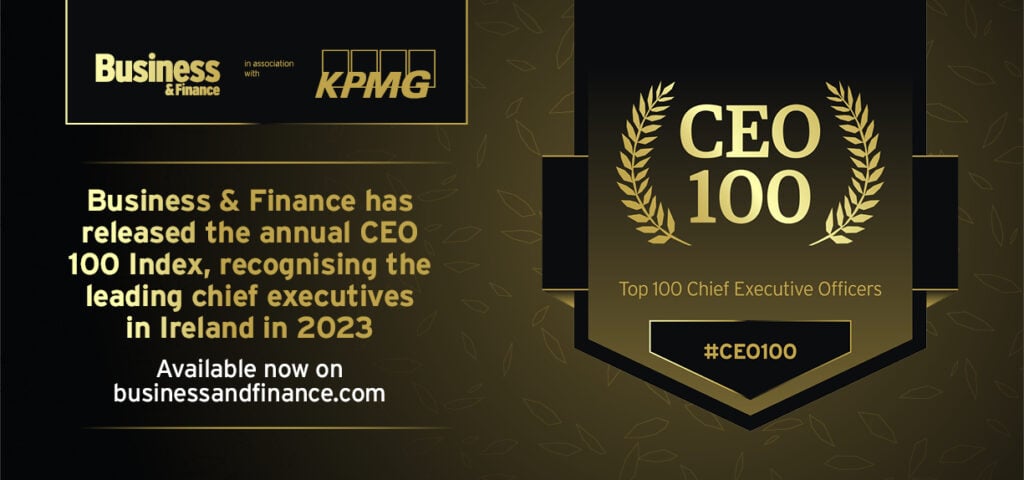Sana Khan, commercial contracts attorney at Arista Networks provides a seven-part series advising larger organisations and SMEs with an international reach on corporate social responsibility practices
With the forthcoming legislation of the EU disclosure of non-financial information, CSR has become even more important now that large organisations must disclose to the public their investments in CSR.
The European Parliament adopted the directive on April 15th 2014 and member states have two years to transpose the directive into national legislation.
Therefore, companies concerned will have suitable time to adapt to the new requirements and will start reporting as of their financial year ending in 2017. As a result of this directive the implementation of changes should begin now to ensure compliance.
In essence, financial and non-financial reporting provides shareholders and other stakeholders with a meaningful and comprehensive view of the position and performance of companies.
The directive requires large public-interest entities (listed companies, banks, insurance undertakings and other companies that are so designated by member states) with more than 500 employees to disclose in their management report relevant and useful information on their policies, main risks and outcomes relating to at least:
- environmental matters
- social and employee aspects
- respect for human rights
- anti-corruption and bribery issues, and
- diversity in their board of directors
This alone highlights why large businesses should start thinking about CSR in a new light. The option to carry out CSR on a voluntary basis during the course of business is quickly changing to being a legal and regulatory requirement.
SELF PROMOTION
While CSR is largely associated with big companies, small and medium enterprises (SMEs) often are the largest contributors for socially conscious business given that they occupy the majority of any market.
Part of the reason why CSR is viewed mainly as a large organisations’ idea is the fact that the CSR initiatives of larger organisations have an increased impact level on local and international socially responsible initiatives.
Thus they are higher profile and attract more media attention whereas SMEs’ CSR polices are often seen as helping out the locality in which they operate. Additionally, larger organisations have bigger CSR initiatives as they have a lot more resources available and they often see the CSR initiative through as a result.
Larger organisations are also not shy about promoting their business especially when it comes to something they are either good at or do over and above their legal and regulatory requirements. SMEs are often more discreet in terms of self promotion especially in relation to aspects such as CSR which is also a reason why CSR is often associated with larger organisations.
Regardless of whether the managers and those on the top chain of command in larger organisations wish to carry out CSR initiative/s through intrinsic motivation the general systematic rise of CSR in all business is one of the main drivers of organisations wishing to invest in aspects that they are not obliged to do so.
Larger organisations are also not shy about promoting their business especially when it comes to something they are either good at or do over and above their legal and regulatory requirements
The fact of this systematic growth in CSR initiatives in large organisations, including most listed companies, further evidences the strength and power of CSR. After all if your business regardless of size can keep-up with the larger organisations in terms of CSR initiatives your organisation must be doing something right.
Many larger organisations now understand the significant benefit of having external stakeholders on board This is because collectively they can exert pressure on the business which can lead to negative commercial impact for the organisation overall.
For example the community in Kerala in India raised complaints about Coca-Cola operations within their community (the Coca-Cola bottling company faced allegations that they were abusing water resources and contributing to water shortages in the state of Kerala) to the point that Coca-Cola had to shut down their operations there.
COVERAGE AND CRITICISM
Larger organisations are susceptible to more criticism and widespread media coverage and anything however small, such as a small group of dissatisfied stakeholders can quickly turn to a huge group given the attention media provides to these organisations.
Larger organisations are also likely to meet strenuous legal and regulatory requirements and from the general public in terms of transparency as external stakeholders are likely to mistrust lager organisations more than small and medium organisations given their commercial strength.
One way in which they can avoid criticism from the external stakeholders is through their CSR initiatives and addressing these initiatives in their annual report or producing a separate CSR report which will increase transparency level and therefore increase the potential trustworthiness of their operations.
This will also meet the requirements of the EU directive. SMEs should also be open and honest in their policies and one way to do this is to create similar annual reports dedicated to the subject matter of CSR on their own accord without pressure from external and internal stakeholders.
Given the above it is clear that CSR initiatives should and can be taken by all organisations. Further SMEs can learn from the CSR initiatives of larger organisations and can even assist larger organisations by being involved on some level in the CSR initiative of the larger organisation through a joint venture.
Photo (above): Thomas
Part two: Building a community around your business with CSR
Part three: CSR, the environment and your business
Part four: How workplace CSR can help human rights
Part five: Crowdsourcing your CSR ideas
Part six: Bringing technology to places that need it most
Part seven: CSR, entrepreneurship and medical aid
About the blogger
 Irish barrister Sana Khan is commercial contracts attorney at Arista Networks, education programme director for the Irish Chapter of Association of Certified Anti-Money Laundering Specialists (ACAMS) and a lecturer on corporate governance at Griffith College Dublin.
Irish barrister Sana Khan is commercial contracts attorney at Arista Networks, education programme director for the Irish Chapter of Association of Certified Anti-Money Laundering Specialists (ACAMS) and a lecturer on corporate governance at Griffith College Dublin.
She provides innovative CSR initiatives that can be implemented by large organisations and has released an ebook on the subject matter of Business Social Responsibility: CSR for SMES.
Sana can be reached by email with any queries.




